Introduction
Relocating a business, warehouse, or factory to a new state is a significant decision that involves careful planning and consideration. Massachusetts, known for its robust economy and strategic location, offers numerous benefits for companies looking to move their operations. This guide provides an overview of the advantages of relocating to Massachusetts, critical factors in site selection, standard services offered by S.I.S for relocating, compliance and regulatory considerations, financial incentives, and the quality of life in the state.
Contact Sullivan Industrial Services when Moving Your Factory or Business to Massachusetts

Benefits of Relocating to Massachusetts

Strategic Geographic Location
Massachusetts is strategically located in the northeastern United States, providing easy access to major markets in the U.S. and around the world. Its proximity to other major cities, like New York and Boston’s Logan International Airport, facilitates efficient logistics and transportation.
Economic Growth and Opportunities
Massachusetts boasts a strong and diverse economy with key industries such as technology, healthcare, finance, and education driving growth. The state consistently ranks high in economic performance metrics, making it an attractive destination for businesses seeking expansion and new opportunities.
Access to Skilled Labor
The state is home to some of the nation’s top universities and research institutions, providing a steady pipeline of highly skilled labor. Companies benefit from a well-educated and innovative workforce, which is crucial for maintaining competitive advantages in various industries.
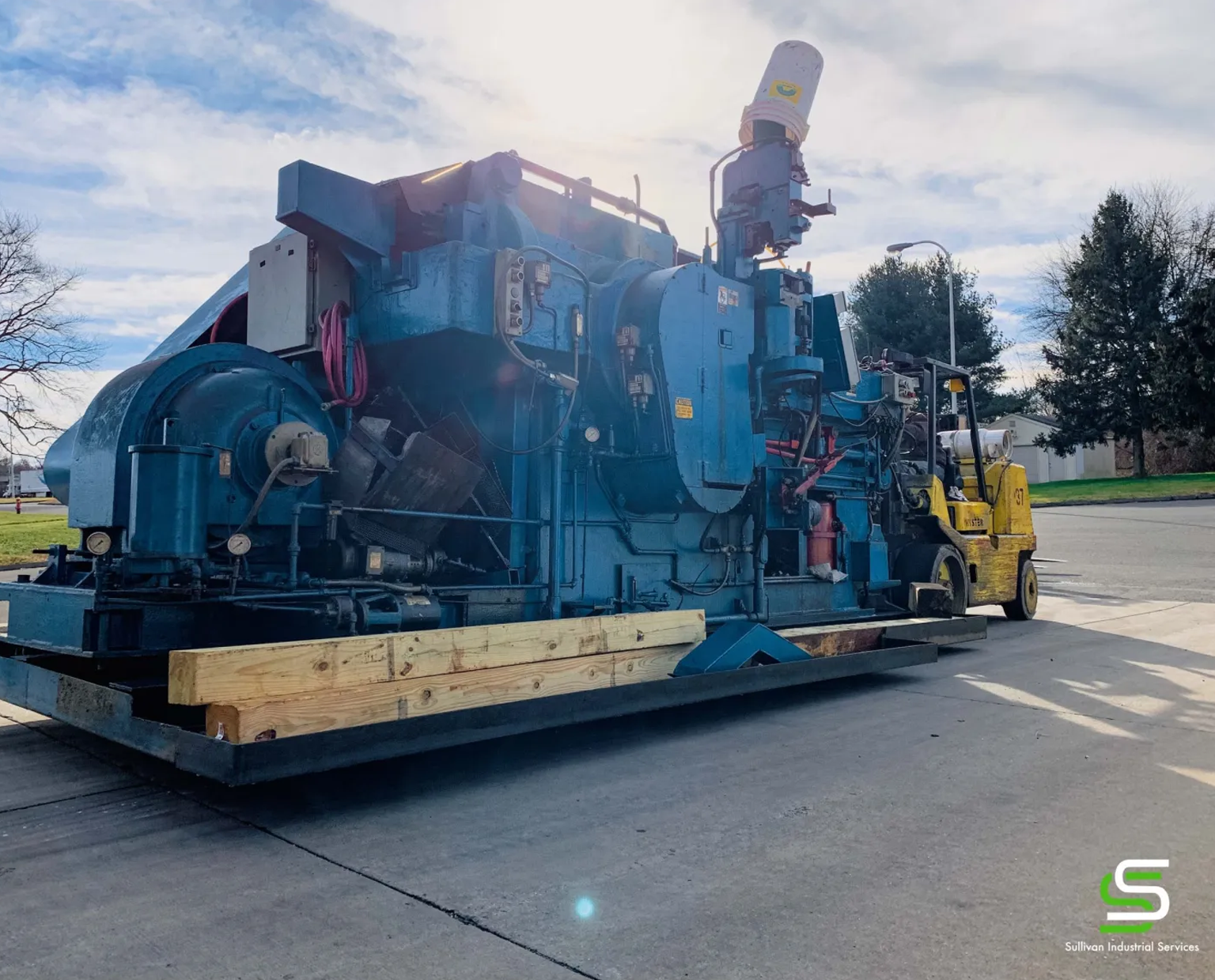
Plant Relocation and Reorganization Guide
For one reason or another, you may find it more beneficial to relocate your plant. An endeavor easier said than done. There is a lot that goes into relocating and reorganizing a plant or shop. You have to consider your employees, equipment, budget, productivity, etc.
Site Selection and Planning
Critical Factors in Choosing a Location
When selecting a location for a new plant or factory in Massachusetts, businesses should consider proximity to transportation hubs, availability of skilled labor, infrastructure, and the local business environment. Additionally, assessing the potential for economic incentives and grants can play a significant role in decision-making.
List of Popular Locations in the State for Plants & Factories
- Boston and Greater Boston Area: Known for its diverse economy and access to top universities.
- Worcester: Offers a central location with a growing industrial sector.
- Springfield: Known for its manufacturing and distribution facilities.
- New Bedford: Provides port facilities and a strong fishing industry.
- Lowell: A hub for technology and innovation.
- Cambridge: Home to prestigious universities and biotech companies.
- Quincy: Offers proximity to Boston with a strong business environment.
Rigging, Crating, and Heavy Hauling Across CT & the North East
Sullivan Industrial Services is warehoused in Milford, CT with a second location in Bloomfield, CT, and serves small and large businesses throughout Connecticut and the North East including but not limited to:
Common Services Offered by S.I.S for Relocating
Rigging and Machine Moving Services
Rigging and machine moving are critical components of relocating industrial operations. S.I.S offers comprehensive services to ensure heavy machinery’s safe and efficient transportation. These services include:
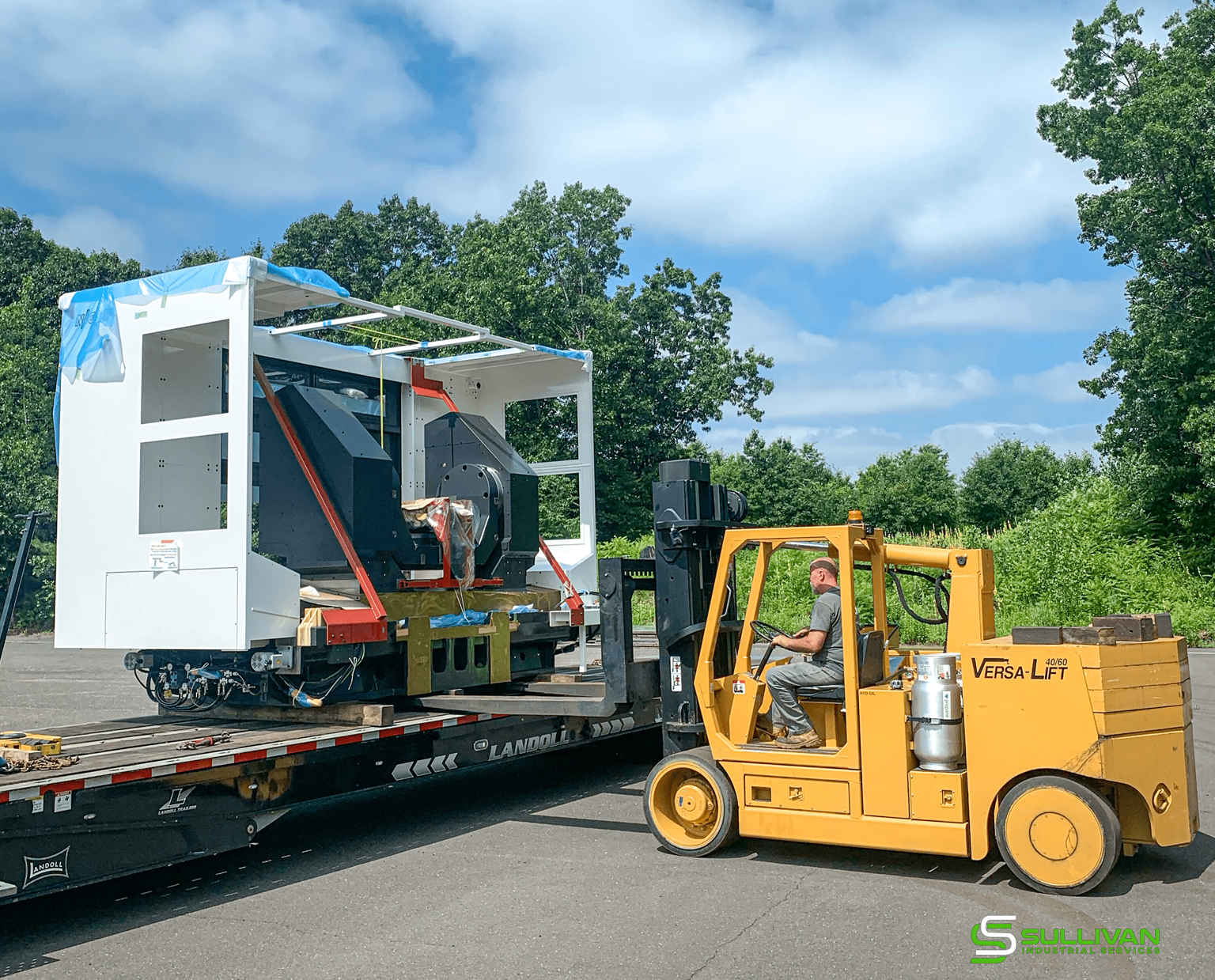
- Detailed planning and project management to minimize downtime.
- Specialized equipment for lifting and transporting large machines.
- Highly trained personnel to handle complex rigging operations.
- Compliance with safety regulations to prevent accidents.
- Coordination with other services to streamline the relocation process.
Heavy Haul Trucking and Logistics
Heavy haul trucking involves transporting oversized and heavy loads that require specialized equipment and permits. S.I.S provides:
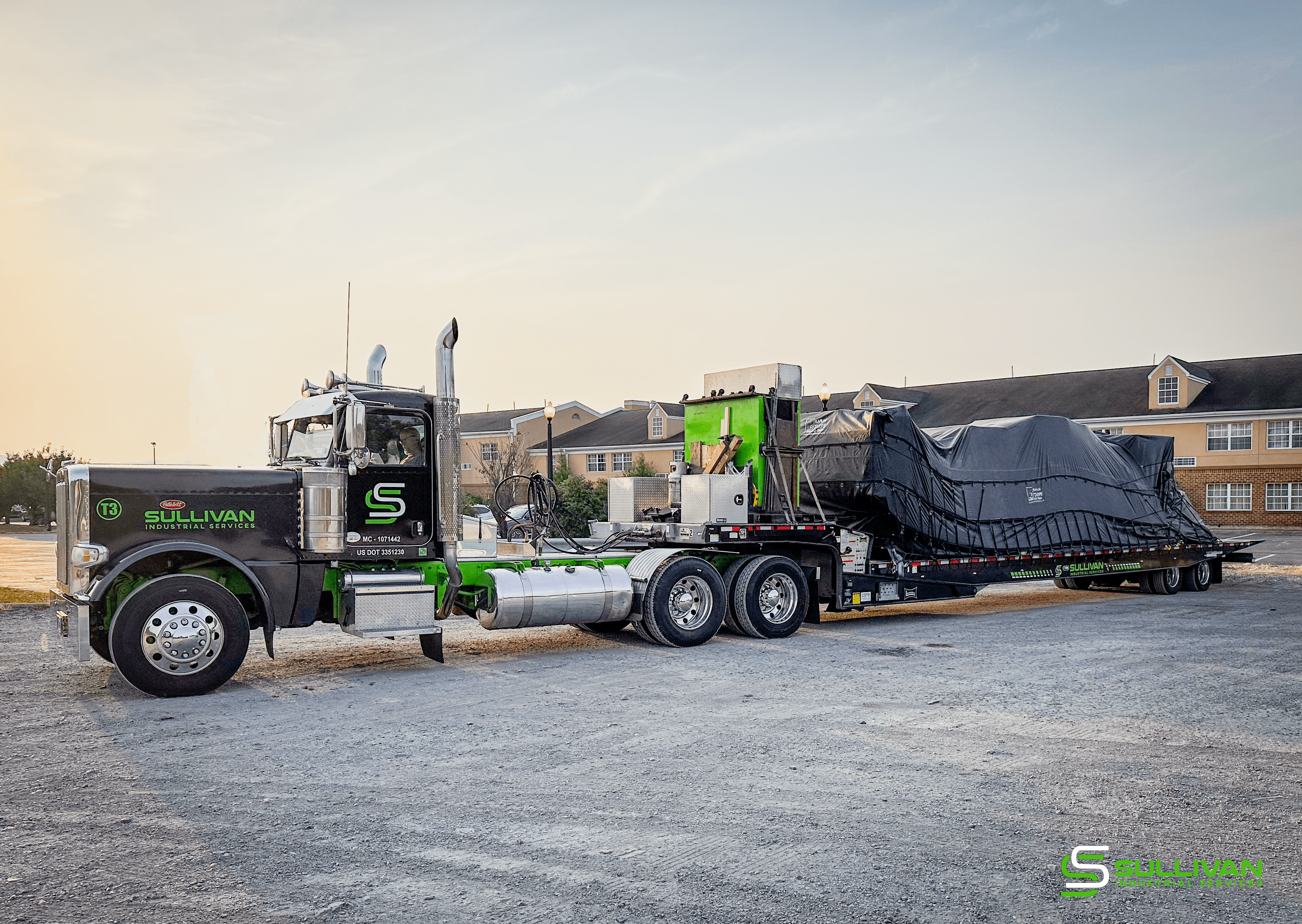
- Custom logistics planning tailored to specific load requirements.
- Experienced drivers skilled in handling heavy and oversized loads.
- Permitting and route planning to ensure legal and safe transport.
- Coordination with local authorities for smooth transit.
- Real-time tracking of shipments for enhanced transparency.
Custom Crating Solutions
Custom crating is essential for protecting valuable equipment during transit. S.I.S offers:
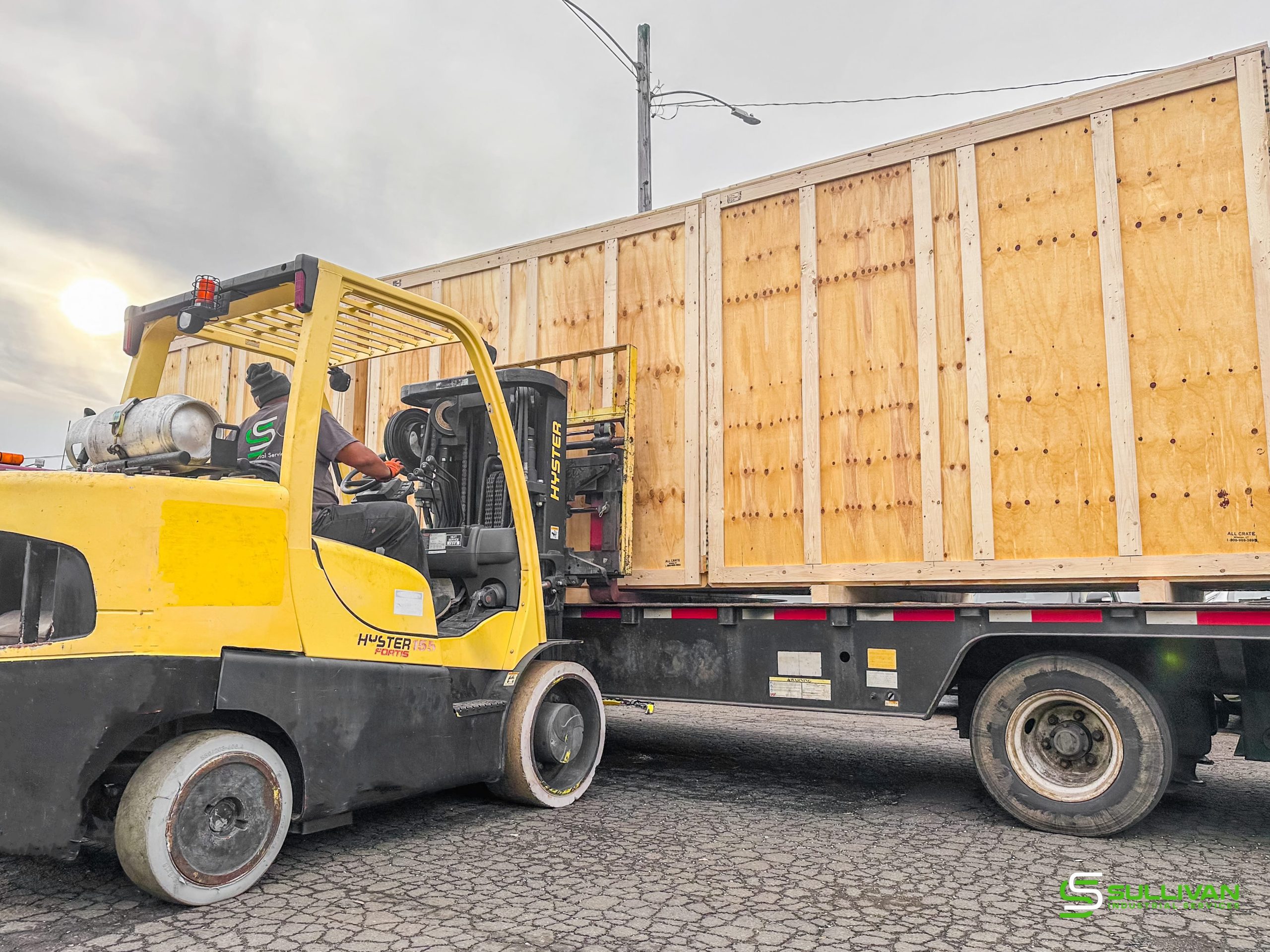
- Design and construction of crates tailored to specific equipment needs.
- Use of high-quality materials to ensure maximum protection.
- On-site crating services for convenience and efficiency.
- Compliance with industry standards and regulations.
- Options for reusable and sustainable crating solutions.
Warehousing and Storage Options
Warehousing and storage services are crucial for managing inventory and equipment during relocation. S.I.S provides:
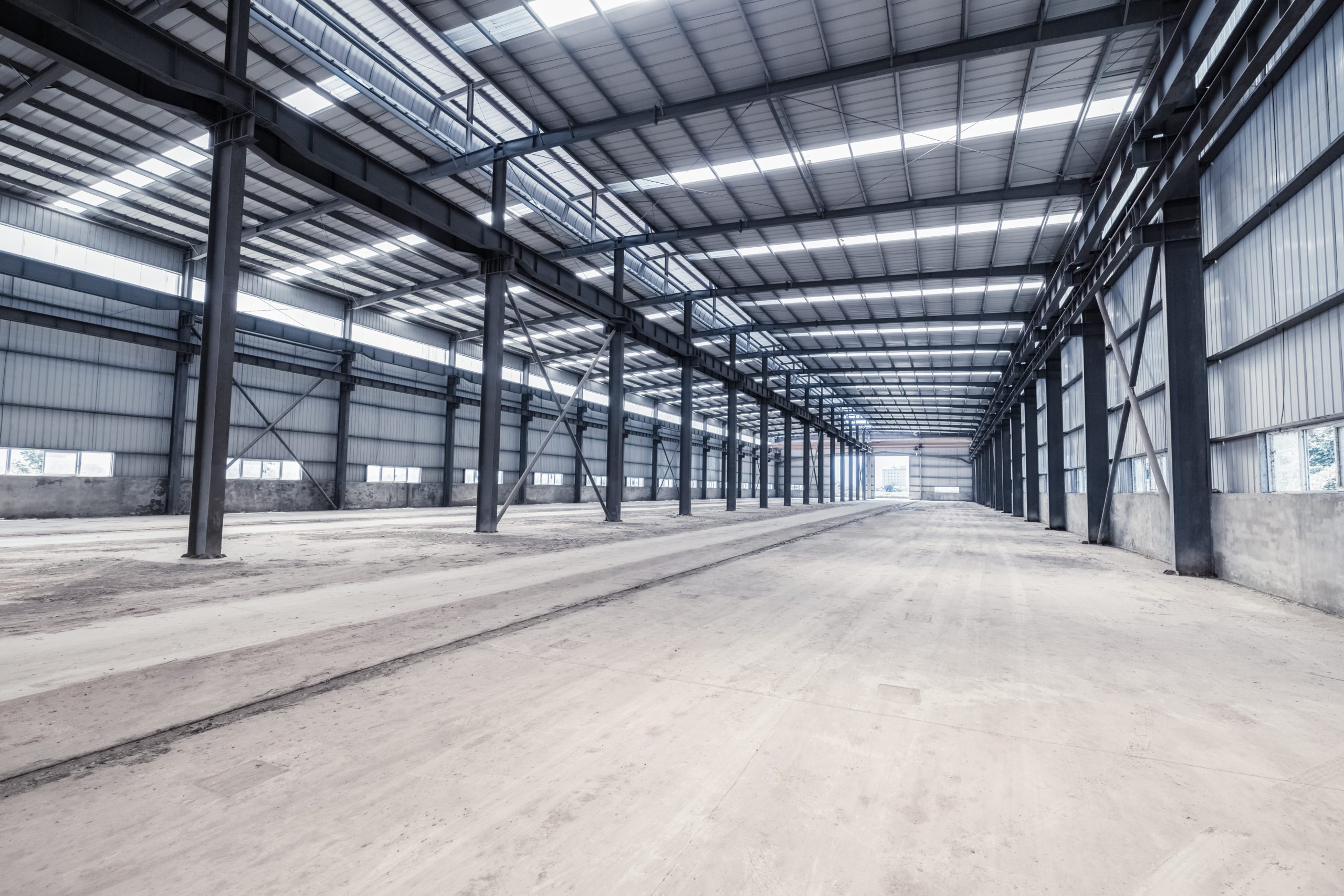
- Secure storage facilities with climate control options.
- Short-term and long-term storage solutions.
- Inventory management and tracking systems.
- Easy access and retrieval of stored items.
- Integration with other relocation services for seamless operations.
Project Management and Coordination
Effective project management ensures that all aspects of the relocation are handled efficiently. S.I.S offers:
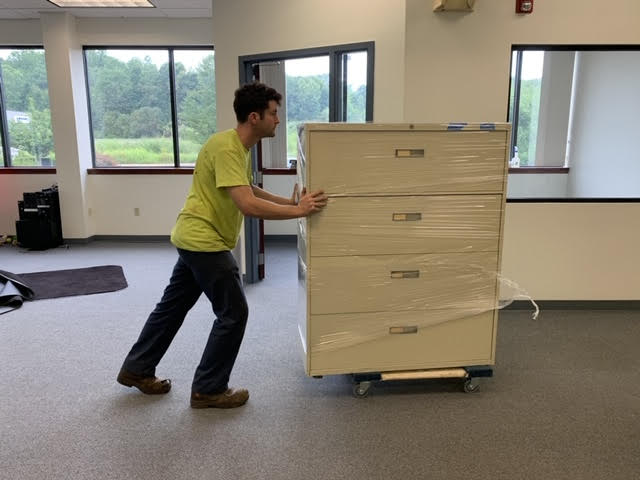
- Comprehensive planning and scheduling.
- Coordination of all services involved in the relocation.
- Regular updates and communication with clients.
- Risk management and contingency planning.
- Post-relocation support to address any issues.
Compliance and Regulatory Considerations
Navigating Regulations
Navigating the complex regulatory landscape is crucial for a successful relocation. Businesses must comply with federal, state, and local regulations related to environmental standards, labor laws, and zoning requirements. S.I.S can assist in understanding and adhering to these regulations to avoid potential legal issues.
Ensuring Safety Standards
Ensuring that safety standards are met during the relocation process is paramount. This involves conducting risk assessments, implementing safety protocols, and training employees on safety practices. Compliance with OSHA standards and relevant regulations is essential to prevent accidents and injuries.
Financial Incentives and Grants
Available Incentives
Massachusetts offers various financial incentives to attract businesses, including tax credits, grants, and loans. These incentives aim to support job creation, investment in infrastructure, and innovation. Examples include the Economic Development Incentive Program (EDIP) and the Life Sciences Tax Incentive Program.
Applying for Grants
Applying for grants involves thoroughly understanding the eligibility criteria and application process. Businesses should identify relevant grant opportunities, prepare detailed proposals, and ensure compliance with all requirements.
Quality of Life in Massachusetts

Living Conditions for Employees
Massachusetts offers a high quality of life with excellent healthcare, education, and recreational opportunities. The state’s rich history and vibrant cultural scene create a desirable living environment for employees and their families.
Community and Amenities
The state’s communities offer a range of amenities from top-notch schools and universities to parks and outdoor activities. The strong sense of community and diverse cultural experiences make Massachusetts an attractive place to live and work.

Conclusion
Relocating to Massachusetts provides numerous benefits, from a strategic geographic location and economic growth to access to skilled labor and financial incentives. By carefully considering site selection, utilizing services offered by Sullivan Industrial Services, and navigating regulatory and compliance considerations, businesses can successfully transition to the state and thrive in its dynamic environment.
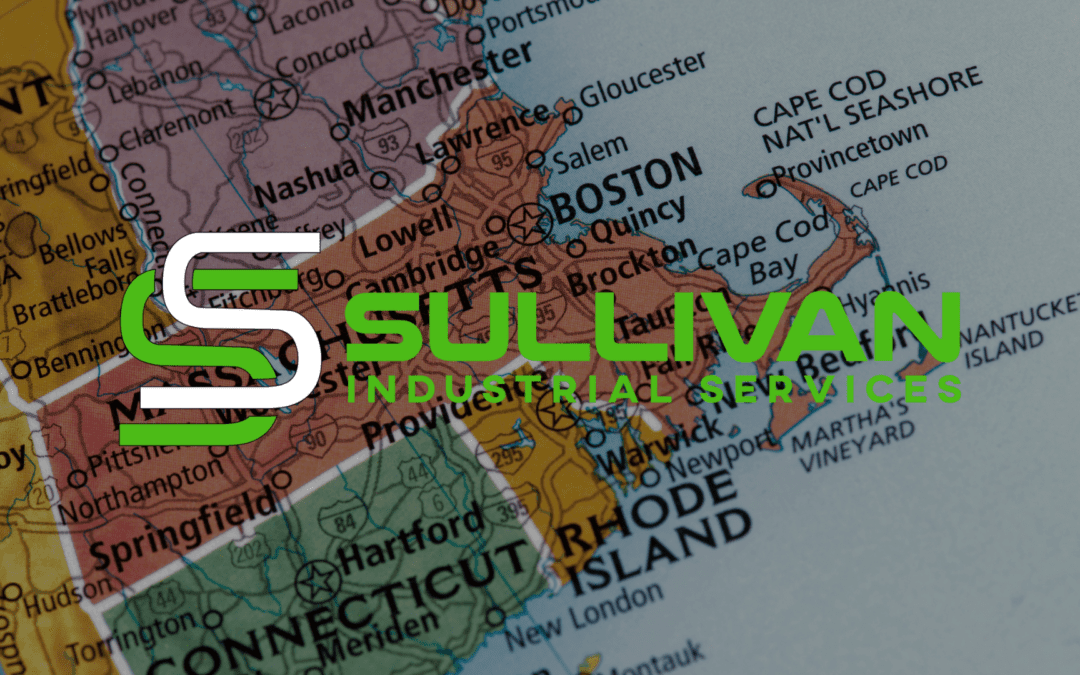
Recent Comments